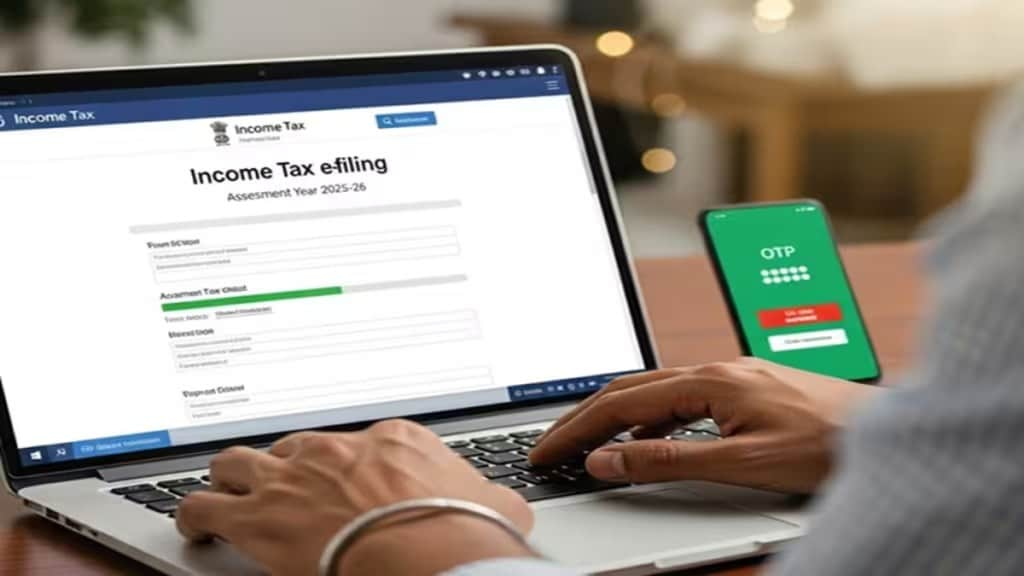The deadline to file the income tax return (ITR) for AY 2025-26 in non-audit cases ended last month on 16th September. Now, taxpayers whose accounts do not require an audit have time till 31st December to file a belated tax return by paying a penalty of up to Rs 5,000.
Now the question arises — what if the Income Tax Department owes you a refund, but you miss the original due date and file your ITR after the deadline? Will you still receive interest on the refund amount?
Yes, you will get the interest on the pending tax refund amount. But because the returns are filed after the due date, the interest will be calculated from the date of filing the return to the date of payment of the TDS refund.
If the return was filed within the due date (16th September for FY 2024–25), the interest on the refund will be calculated from 1st April of the financial year up to the date on which the TDS refund is paid.
How is interest calculated on the tax refund amount?
“When an income tax refund is delayed, the Income Tax Act, 1961, provides for the payment of interest on the pending amount to safeguard the rights of taxpayers. This entitlement is governed by Section 244A, which ensures that the government compensates taxpayers for the period during which their money remains with the department beyond the statutory timeline,” Dinkar Sharma, Company Secretary and Partner, Jotwani Associates, explains.
He also explains the mechanics of interest calculation in detail.
The rate of interest is 0.5% per month, or for part of a month, on the refund amount. The calculation of interest begins from the later of two dates — either the end of the month in which the income tax return was filed or the end of the month in which the assessment or determination of the refund was completed.
The interest continues to accrue on a monthly basis until the refund is actually credited to the taxpayer’s account.
“This interest is calculated on the gross amount of the refund, which may include tax paid through TDS, advance tax, or self-assessment tax,” he noted.
It is important to note that if the delay arises due to errors in the return, incorrect information, or non-compliance by the taxpayer, the interest may not be payable.
“Conversely, delays attributable to administrative or technical issues on the part of the Income Tax Department entitle the taxpayer to receive the interest,” Sharma said.
What should taxpayers do in case of refund delays?
Taxpayers should actively monitor the status of their refund through the Income Tax Department’s e-filing portal and follow up with the Central Processing Centre (CPC) or the relevant Assessing Officer if delays continue, Sharma suggested.
Maintaining proper documentation of the refund claim, payment proofs, and correspondence with the department is essential to ensure entitlement, he added.
Conclusion: Section 244A reinforces the principle that taxpayers should not be disadvantaged by procedural delays. Even if the refund itself is pending, the law ensures interest compensation, underscoring the government’s accountability. Timely filing, accuracy in reporting, and diligent follow-up are key to claiming both the refund and the interest due on delayed payments.


